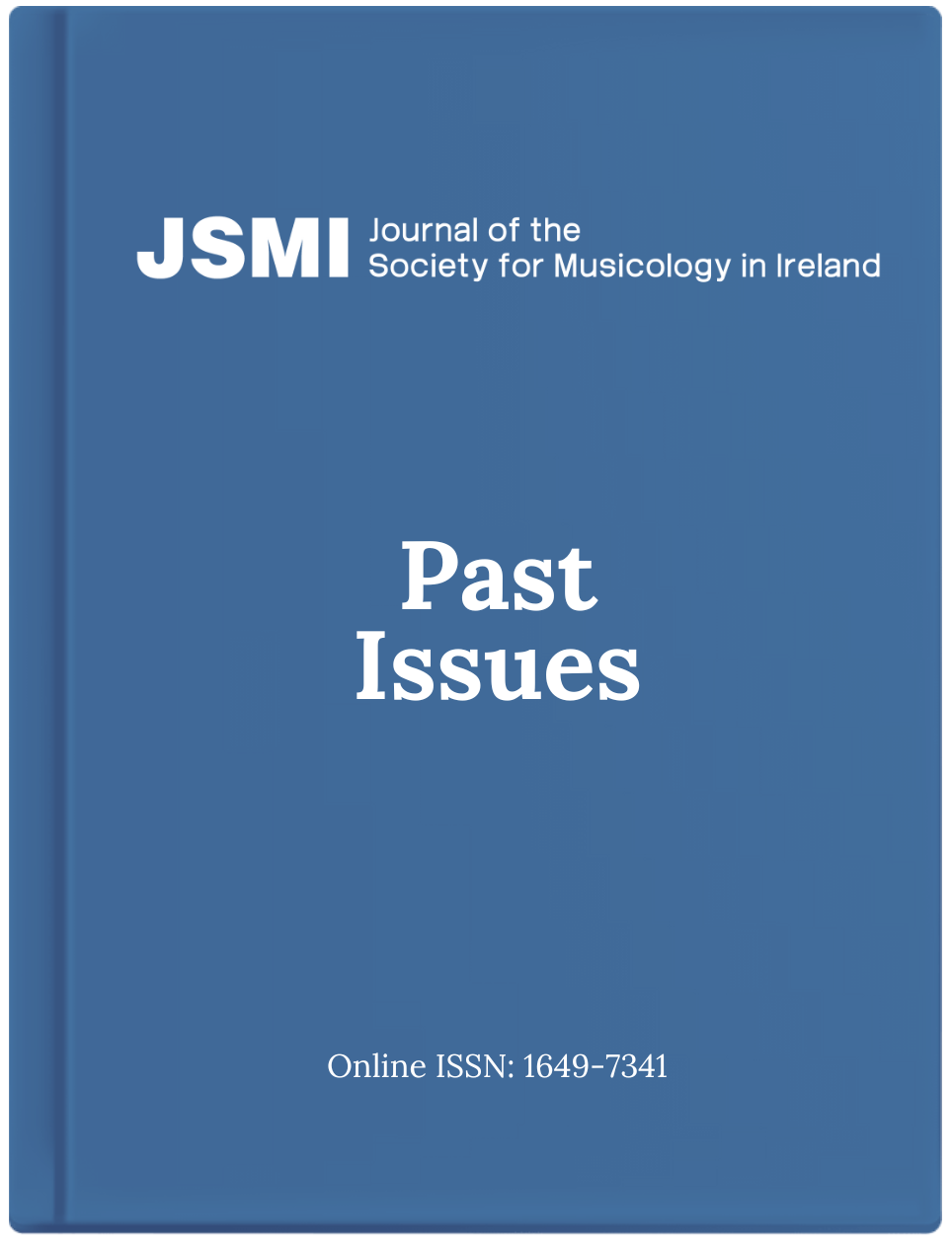Ligeti the Maverick? An examination of Ligeti’s ambivalent role in contemporary music
DOI:
https://doi.org/10.35561/JSMI13171Keywords:
Ligeti, contemporary music, postmodernism, analysis, maverickAbstract
The Hungarian composer György Ligeti is often described as a maverick by commentators on late twentieth-century music, and this article examines the evidence for using such a label. To what extent can Ligeti be genuinely considered a maverick? Or is this epithet an over-simplification of a more complex situation? The OED’s definition of a maverick (‘an unorthodox or independent-minded person: a person who refuses to conform to the views of a particular group or party: an individualist’) is close to the often stated view of Ligeti when compared with his peers, and it is also the view that Ligeti himself seemed to want to project in his many interviews. When accused by Helmut Lachenmann in 1984 of ‘selling out’—initiated by a performance of Ligeti’s rather postmodernist-sounding Horn Trio—Ligeti claimed that he was actually composing non-atonal rather than postmodernist music. This suggests that he felt that he was not following the prevailing new cultural movement of postmodernism, though works such as Hungarian Rock for harpsichord, with its use of tonality and influences of jazz, seem to undermine this assertion. When one compares Ligeti’s Apparitions for orchestra with Penderecki’s contemporaneous Threnody for the Victims of Hiroshima, it is possible to observe the similarities of approach, which hint that Ligeti’s music conforms to a more general approach to composing in the 1960s, focused on texture and timbre. When one views Ligeti’s entire oeuvre, one can see that he did in fact follow various contemporary compositional trends. Through a nuanced evaluation of Ligeti’s approach, the article concludes that the term ‘maverick’ does not do justice to the wide range of his output.
Downloads
Published
Issue
Section
License
Copyright for articles and reviews published in this journal is retained by the authors, with first publication rights granted to the journal. By virtue of their appearance in this open access journal, articles are free to be used, with proper attribution, in educational and other non-commercial settings.
It is the responsibility of the author to secure (and, if necessary, pay for) written copyright permissions for the reproduction, in this online journal, of any illustrations, images, music notation, audio and video files, or any other copyright materials, that are included in the author's article.



